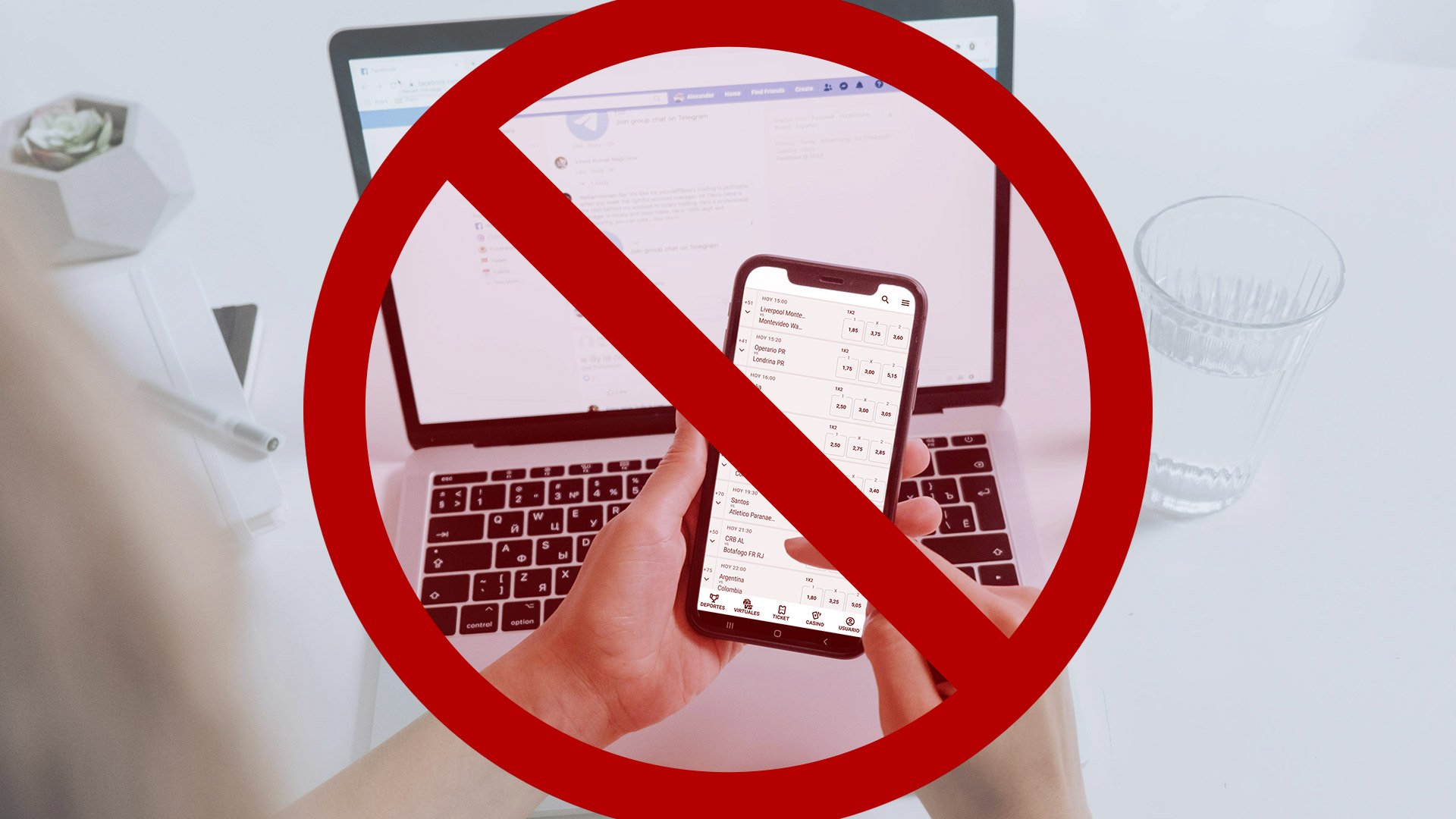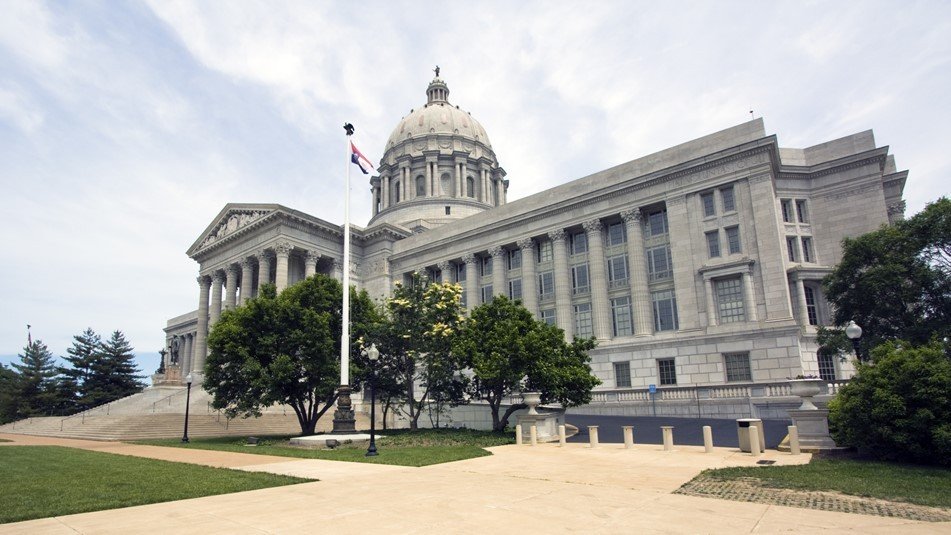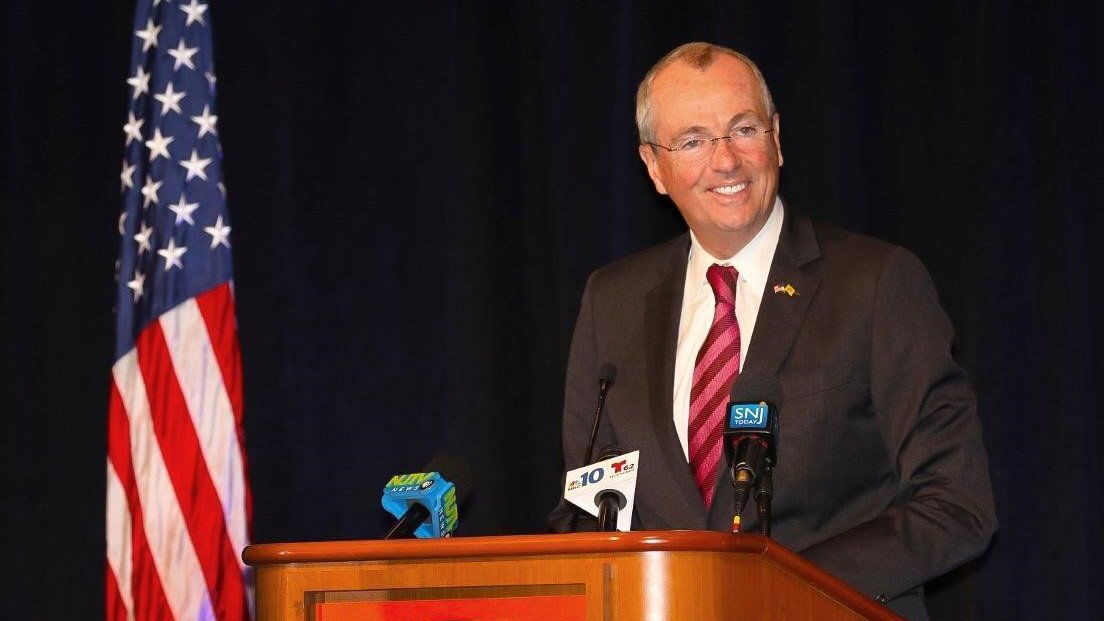Argentina: online sports betting officially legal in Buenos Aires Province

The decree was published on the Boletín Oficial —the government gazette—, and outlines specific rules for the statutory law's implementation, which governs electronic machines, casino games, esports betting, lotteries, horse racing betting and wagers on real sporting and non-sporting events (as long as they aren't politics-related).
The Province government will be able to grant up to seven licenses, —only one per licensee. Operators will have to register first to be able to apply.
An evaluation committee will eventually decide whether to award a license, in accordance with 20 minimum requirements that operators will have to meet regarding experience, financial solvency, technical competence, data protection security and the number of events and sports, among others.
Licensed operators will have to pay around 25% of their proceeds to the Province's tax authority, which will charge 15% as gross income tax, 8% as a tax levied according to each specific activity and 2% as a license fee. Although the issue sparked off a heated debate, the Province government was able to quiet down some opponents, including municipality mayors, by offering their jurisdictions a share of the proceeds. Municipalities will get 10% out of the 2% license fee.
The 2019 Tax Act will govern this gambling modality, and the Province's executive branch will oversee this activity through the Buenos Aires Province Institute of Lotteries and Casinos (IPLyC in Spanish) and to that end, the government has created the Online Gaming Licenses Registry to keep a record of license holders.
The complete text of the regulatory decree can be accessed in Spanish on our Latin America edition


















































